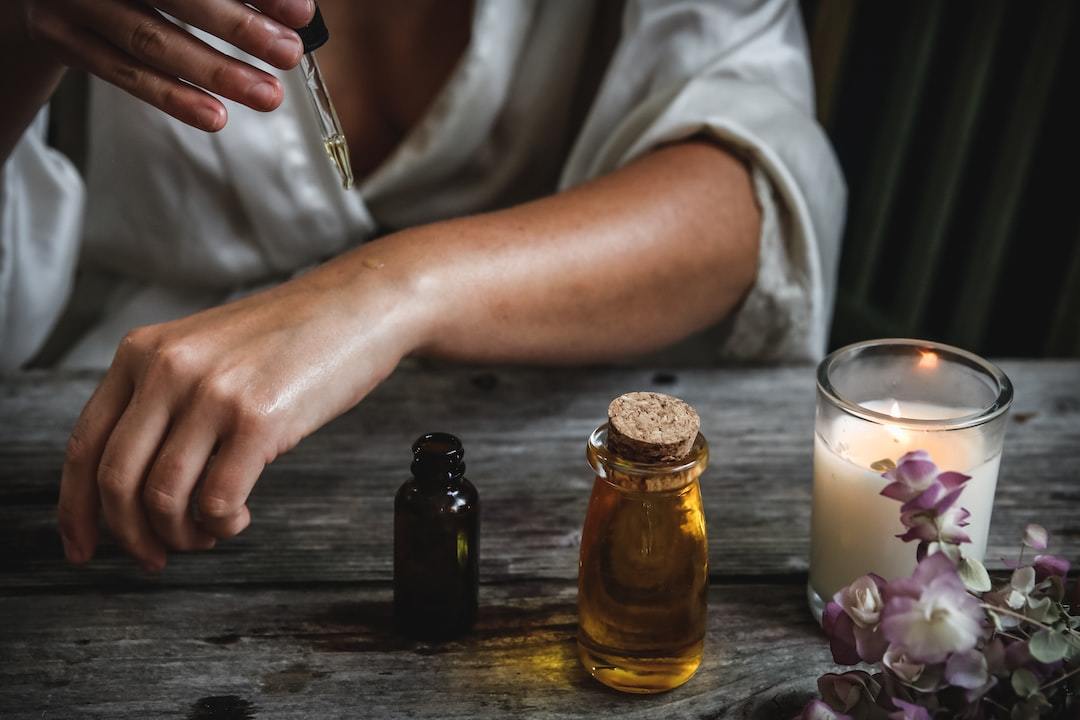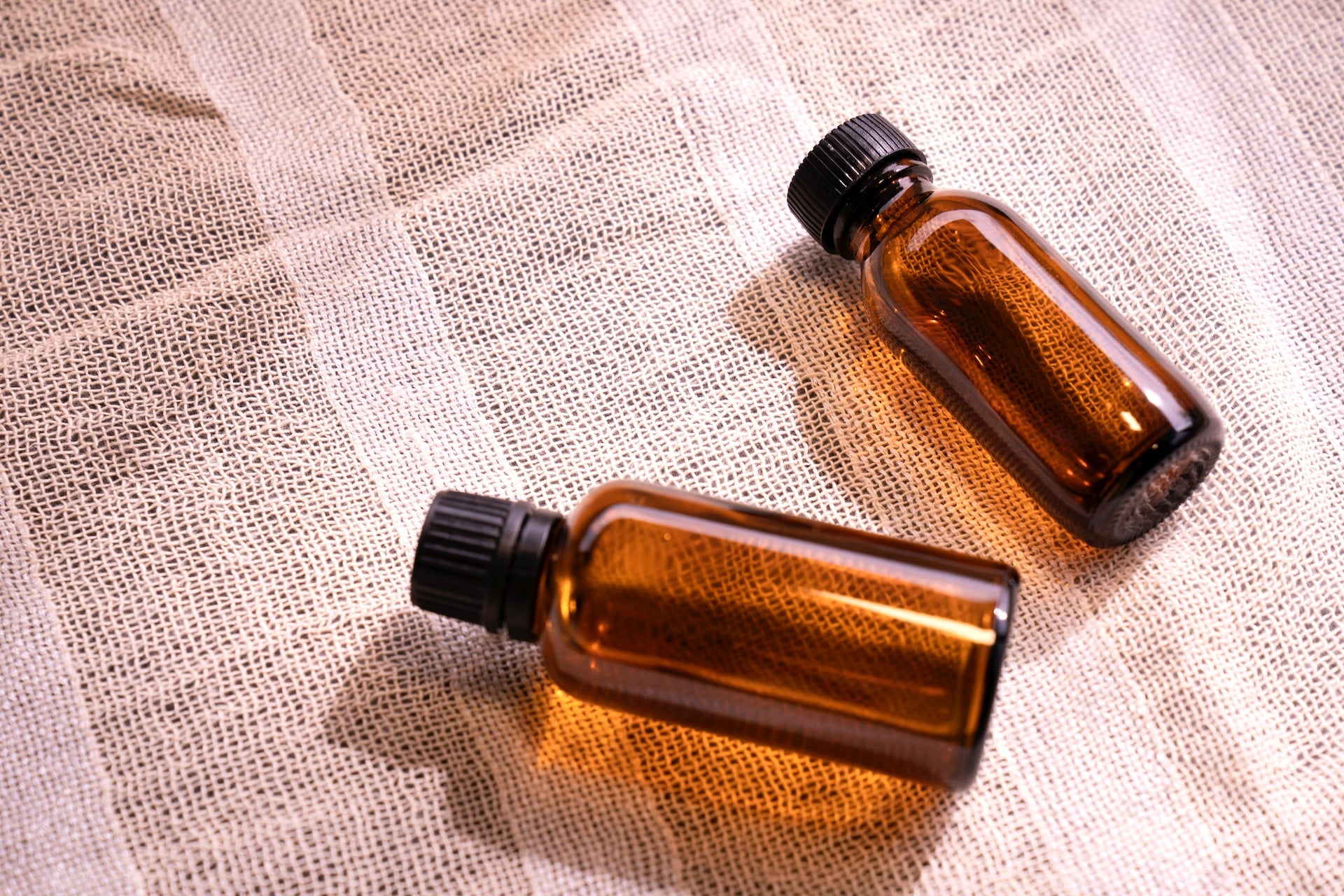
Difference Between Essential Oils and Fragrance Oils
Ever caught a whiff of fragrance and suddenly found yourself transported back in time? Scents are powerful, they can whisk us to distant memories or places with just one sniff. Now think about the last scent that lingered on your senses - was it an essential oil's natural bouquet or the bold aroma from fragrance oils? Do you know what set them apart?
'All that glitters is not gold,' and every sweet-smelling drop isn't directly from nature’s lap. Although both types of oils can tickle our olfactory pleasures, there's more than meets the nose here.
You might have dabbled a bit with these scented wonders but How well do you really understand their essence?
We're peeling back layers beyond those aromatic mists – because knowing what's really in your favourite scent matters.
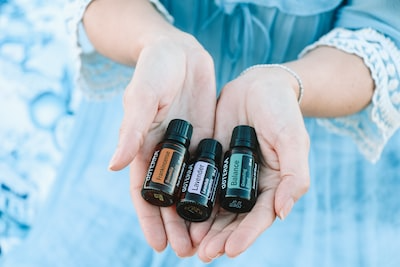
Table of Contents:
- Understanding Essential Oils vs. Fragrance Oils
- The Role of Scents in Product Manufacturing
- Aromatherapy and Therapeutic Benefits
- Crafting with Scents
- Scent Strength in Candles and Diffusers
- Consumer Preferences and Market Trends
- Sustainability and Ethical Considerations
- Cost Implications for Manufacturers
- Regulatory Compliance and Safety Standards
- Innovation in Scent Technology
- Case Studies
- FAQs in Relation to Difference Between Essential Oils and Fragrance Oils
- Conclusion
Understanding Essential Oils vs. Fragrance Oils
Composition and Extraction of Essential Oils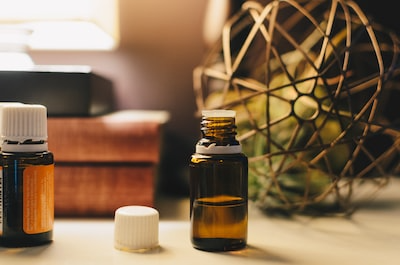
Essential oils are nature's own bounty, meticulously extracted from plants to capture their scents, flavors, and therapeutic properties. Derived from the leaves being gently steamed, known as steam distillation to release a pure, potent oil – it’s like harnessing the very essence of the plant itself.
Their complexity is staggering; some oils boast hundreds of individual components responsible for both their aroma and health benefits. It's this natural synergy that makes them so valued in aromatherapy for both their healing properties and fragrance.
The Synthetic Nature of Fragrance Oils
Fragrance oils, on the other hand, are crafted by humans as opposed to being born from soil and sunlight. Unlike naturally occurring oils, they're blended in labs where scent profiles are designed to mimic natural aromas or create entirely new ones.Synthetic fragrance oils can mimic natural fragrance oils however they can not be sold to consumers in the same way as scented oils from an aromatic plant, as it's the volatile compounds and natural substances derived from the extraction process that makes all the difference.
The Role of Scents in Product Manufacturing
Scents play a pivotal role in the allure of products, often being the deciding factor for consumers. From invigorating citrus notes in cleaning agents to soothing lavender in personal care items, scents have a profound impact on product perception and user experience.
In food and beverage industries, manufacturers rely on essential oils to impart natural flavors that promise purity and authenticity. Think about how a dash of lemon myrtle can transport your senses straight to the Australian bush with its vibrant zestiness; it's like an aromatic snapshot capturing the essence of nature.
Fragrance oils derived from synthetic chemicals give creators an extensive palette to craft evocative ambiances – from rain-kissed gardens after summer showers to warm spices wafting through winter markets, however they can not be described as clean fragrance for when customers are looking for naturally derived products.
Aromas are not just sensory pleasures but powerful catalysts for memories and emotions—this is why they're integral ingredients woven into the fabric of diverse product lines across multiple industries.
Aromatherapy and Therapeutic Benefits
Why Essential Oils Are Preferred for Aromatherapy
The power of scent can transport us, soothe our minds, and even improve our physical well-being. That's where essential oils come in; they're like nature's own medicine cabinet. With their complex chemical profiles, these plant extracts pack a potent punch that synthetic fragrances just can't match.
Aromatherapy isn't just about smelling good – it’s a holistic healing treatment that uses natural plant extracts to promote health and wellbeing. Real aromatherapy is the only way to get all of its benefits. Unlike fragrance oils which are engineered for longevity over anything else, essential oils contain all the natural compounds plants need to thrive, offering benefits from stress relief to improved focus.
In fact, studies show people using true lavender oil have seen a significant decrease in anxiety levels compared with those sniffing synthetics. This is because certain components found naturally in essential oils – think linalool or limonene – interact with your body in ways man-made chemicals simply don’t.
Crafting with Sc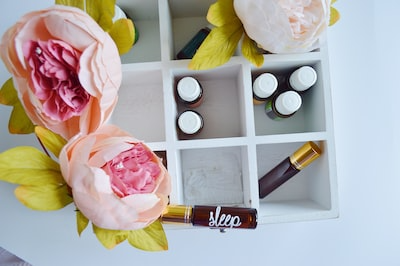 ents
ents
When you're looking to infuse products with scent, the choice between essential oils and fragrance oils is pivotal. It's like choosing between a hand-painted masterpiece and a digital print: both can be stunning, but they bring different vibes to the room.
Consumer Preferences and Market Trends
As the winds of consumer preferences shift, a growing number favour essential oils over fragrance oils. This trend reflects not just a quest for authenticity but also an increased awareness of health benefits and environmental impact. People are leaning towards products that offer more than just a pleasant aroma; they're looking for holistic experiences.
Sustainability is playing a major role in this change, with consumers now preferring to buy from companies committed to ethical sourcing practices. They're ready to invest in higher-quality, eco-friendly options even if it means spending a bit extra.
In response, manufacturers are adapting by highlighting natural ingredients and green credentials. The ripple effect is clear – as demand grows, so does the need for innovation in capturing scents without compromising on these newfound consumer values.
Sustainability and Ethical Considerations
The clash between sustainability and commercial requirements remains a constant in the realm of fragranced items. Essential oils, revered for their natural purity, often come from plants that require significant resources to grow. Think of lemon myrtle or anise myrtle—these Australian botanicals are not just leaves on a tree; they're small ecosystems in themselves.
Fragrance oils, although less resource-intensive due to their synthetic nature, stir up concerns over artificial additives and long-term environmental effects. It's like comparing the complexity of a rainforest with the simplicity of a single laboratory beaker—the differences are stark.
To navigate these waters ethically, manufacturers must tread lightly by ensuring sustainable harvesting practices and transparent sourcing—a commitment akin to walking through a dense forest without leaving a trace. Fair trade certifications can serve as compasses guiding companies towards ethical paths.
Regulatory Compliance and Safety Standards
When it comes to incorporating scents into products, navigating the regulatory maze is crucial. You've got to stick to the rules laid down by bodies like IFRA (International Fragrance Association) and NICNAS (National Industrial Chemicals Notification and Assessment Scheme in Australia). They're there for a reason – to keep everyone safe.
IFRA standards are all about safety. They help you make sure that your essential oils or fragrance oils won't cause harm when customers use your products. It's not just about smelling good; it's about being responsible. Manufacturers must comply with these guidelines which cover everything from toxicity levels to environmental impact.
Safety data sheets are also part of the game plan. Each scent component needs one, so users know what they’re dealing with. Whether you’re crafting candles or whipping up shampoos, having these documents sorted can save a lot of headaches later on—literally.
Innovation in Scent Technology
Advancements in scent technology are reshaping the way we experience aromas. Essential oils and fragrance oils, while often mentioned together, play distinct roles across various industries.
The precision of essential oil extraction taps into nature's palette to capture complex scents. For instance, Australian botanicals like Lemon Myrtle offer a fresh burst reminiscent of lemon zest but with deeper earthy undertones—a feat hard to replicate synthetically.
Fragrance oils, on the other hand, push boundaries by creating new sensory experiences, however they are still classified as artificial.
Case Studies
Real-world applications shine a light on how essential oils trump fragrance oils in quality and therapeutic value.
A notable case is the use of Lemon Myrtle's potent antibacterial properties. Researchers found that its oil, when used in surface cleaners, not only left a refreshing scent but also eliminated harmful bacteria more effectively than synthetic alternatives. This aligns with consumer trends favouring natural over artificial ingredients for health reasons.
In another instance, Anise Myrtle's inclusion in teas and culinary products isn't just about flavour. Its soothing effect on digestion has been appreciated by consumers who prefer natural remedies to chemical ones. The market reflects this too; sales have surged as people seek out authentic wellness experiences.
Riberry fruit extract is yet another example where efficacy meets sustainability. When added to skincare formulations, it offers antioxidants without the environmental toll often associated with lab-created compounds. Here we see an intersection between consumer well-being and eco-consciousness driving product innovation forward.
FAQs in Relation 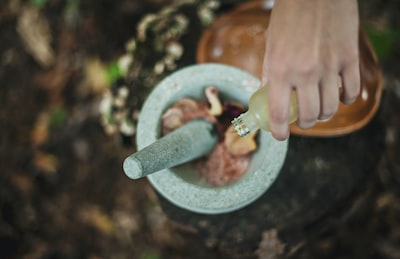 to Difference Between Essential Oils and Fragrance Oils
to Difference Between Essential Oils and Fragrance Oils
Which is better: fragrance oil or essential oil?
Better depends on your needs. Essential oils offer natural aromas and therapeutic benefits
Can essential oils be used as fragrance?
Absolutely. Essential oils can double as natural fragrances with the bonus of health perks.
Conclusion
Scents shape experiences. They can turn a house into a home or transform your mood in an instant.
The difference between essential oils and fragrance oils? It's clear now. Essential oils come from nature, with all its complex, therapeutic wonders. Fragrance oils are man-made concoctions designed for punchy aromas.
Pick wisely for products. If you're after authenticity or therapeutic perks, go natural with essentials.
Remember sustainability and ethics when choosing scents; the future will thank you for it.
Last tip: stay sharp on regulations and safety – they're there to protect us all while we enjoy our favourite smells.

